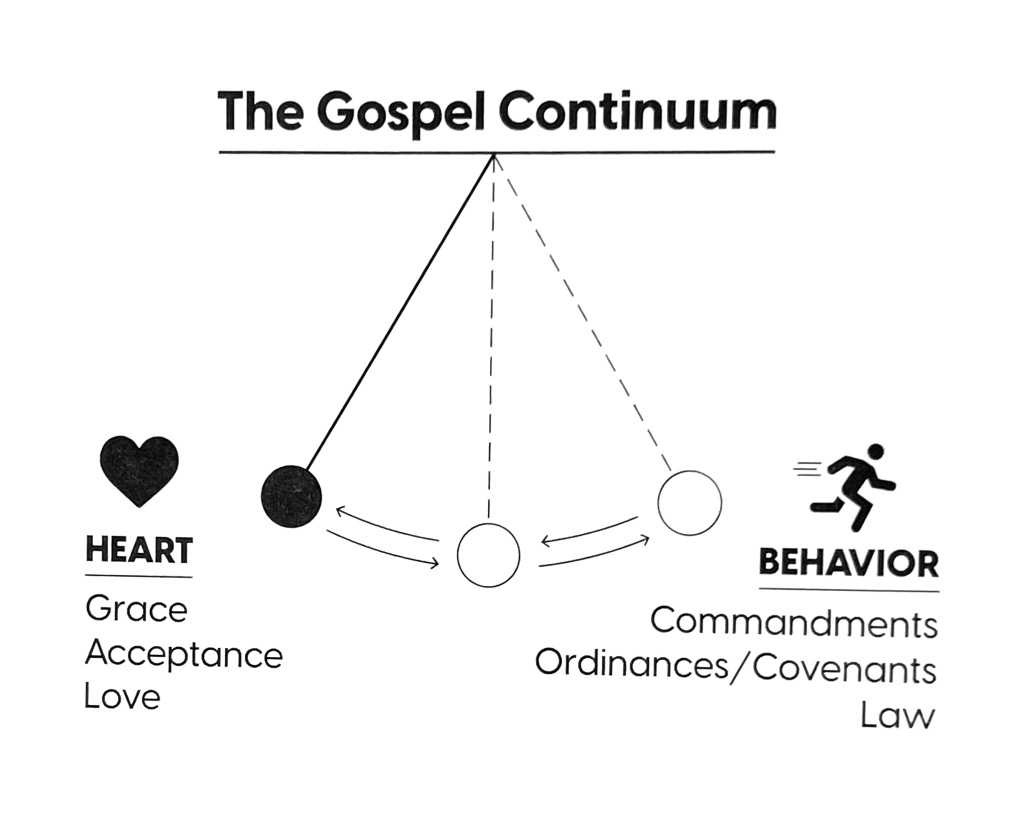God’s Intent Is to Bring You Home
During General Conference, I listen to see who addresses anything pertaining to perfectionism. This time, I chose Elder Kearon’s talk because of the hope it gives for removing barriers to returning to God. It also shows how much God wants us back with Him. I pulled several paragraphs straight from his address:
My friends, my fellow disciples on the road of mortal life, our Father’s beautiful plan, even His “fabulous” plan, is designed to bring you home, not to keep you out. No one has built a roadblock and stationed someone there to turn you around and send you away. In fact, it is the exact opposite. God is in relentless pursuit of you. He “wants all of His children to choose to return to Him,” and He employs every possible measure to bring you back.
The intent of the Father’s great plan of happiness is your happiness, right here, right now, and in the eternities. It is not to prevent your happiness and cause you instead worry and fear.
The intent of the Father’s plan of redemption is in fact your redemption, your being rescued through the sufferings and death of Jesus Christ, freed from the captivity of sin and death. It is not to leave you as you are.
The intent of the Father’s plan of mercy is to extend mercy as you turn back to Him and honour your covenant of fidelity to Him. It is not to deny mercy and inflict pain and sorrow.
The intent of the Father’s plan of salvation is in fact your salvation in the celestial kingdom of glory as you receive “the testimony of Jesus”10 and offer your whole soul to Him.11 It is not to keep you out.
Jesus’s will is the benevolent Father’s will! He wants to make it possible for every last one of His Father’s children to receive the end goal of the plan—eternal life with Them. None is excluded from this divine potential.
If you are prone to worry that you will never measure up, or that the loving reach of Christ’s infinite Atonement mercifully covers everyone else but not you, then you misunderstand. Infinite means infinite. Infinite covers you and those you love.
Nephi explains this beautiful truth: “He doeth not anything save it be for the benefit of the world; for he loveth the world, even that he layeth down his own life that he may draw all men unto him. Wherefore, he commandeth none that they shall not partake of his salvation.”
The Saviour, the Good Shepherd, goes in search of His lost sheep until He finds them. He is “not willing that any should perish.”
He did not cast away the woman with the issue of blood; He did not recoil from the leper; He did not reject the woman taken in adultery; He did not refuse the penitent—no matter their sin. And He will not refuse you or those you love when you bring to Him your broken hearts and contrite spirits. That is not His intent or His design, nor His plan, purpose, wish, or hope.
No, He does not put up roadblocks and barriers; He removes them. He does not keep you out; He welcomes you in. His entire ministry was a living declaration of this intent.
How could he be more direct? How could I dispute the Lord’s goodness and love? And Elder Kearon’s fun British accent adds to the sweetness of the truths he shares.






